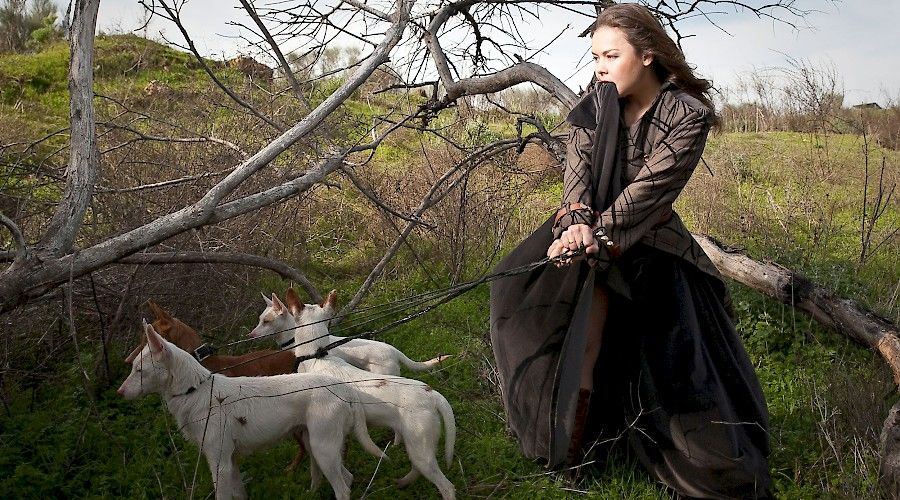Flamenco Festival 2014 on Tour: Boston

Flamenco Festival 2016 presents Spain’s finest dancers and singers on its thirteenth anniversary for a celebration of Flamenco that is stirringly authentic while challenging the conventions of the form.
One of the year’s biggest dance events in New York City
—The New York Times
Flamenco Festival will kick off in New York, and continues through the US with passion, drama and lighting footwork in a three-week celebration of flamenco.
Farruquito Improvisao
- On Sunday, March 6 at 7:30 pm.
- At Berklee Performance Center.
Farruquito presents Improvisao, a work of intimate, authentic and visceral flamenco. It is a show that transports the audience to a traditional and magical universe, which Farruquito calls “a return to my roots.” From the legendary Los Farruco dynasty, the first family of Gypsy flamenco dance, Farruquito, or Juan Manuel Fernandez Montoya, is regarded as one of the most faithful representatives of flamenco puro. Son of the singer El Moreno and dancer La Farruca, he is the chief proponent of the unique dance style founded by his grandfather, the famed El Farruco. At just 15 years old, Farruquito created his first show, Raíces Flamencas (Flamenco Roots).
Rocío Molina. Danzaora & Vinática
- On Saturday, March 19 at 8 pm.
- At Berklee Performance Center.
Rocío Molina is at the forefront of modern flamenco and has been awarded many of Spain’s top accolades, including National Dancer of the Year. Considered “one of the finest soloists in the world today” (New York Times), she performs the Boston premiere of Danzaora, a thrilling new work with live musical accompaniment.
Rosario “La Tremendita” & Mohammad Motamedi. Qasida
- On Sunday, March 20 at 7:30 pm.
- At Berklee Performance Center.
Spanish poet Federico García Lorca described the cante jondo –deep flamenco song– as a rare example of primitive song whose notes contain the naked and horrific emotion of the first oriental civilisations.
A test of Lorca’s words might be the Qasida project, an extraordinary musical encounter between the young Sevillian cantaora Rosario “La Tremendita” and her Iranian peer Mohammad Motamedi. In Qasida, “La Tremendita” explores the roots of flamenco in the richly varied poetic songs and improvisations of Motamedi, the young rising star of Iranian classical music. Songs of Spanish folk poetry and Persian high art merge into a musical world in which the Al-Andalus of old is perhaps briefly revived.